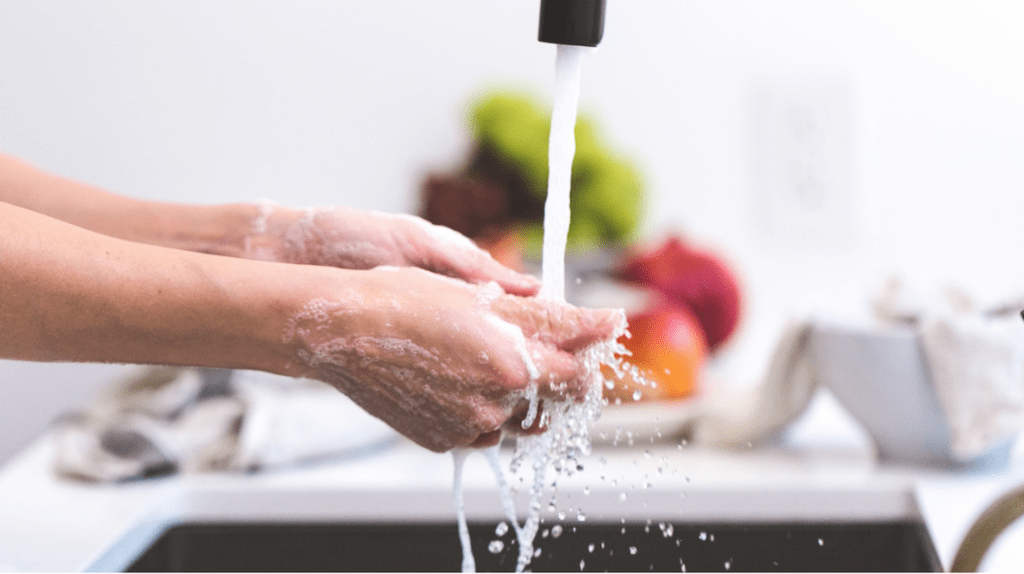If you have a new continuous cough and/or high temperature, however mild, stay at home for seven days.
Cohabitees need to stay at home for 14 days.
The best way to prevent infection is to avoid being exposed to the virus; regularly washing hands, sneezing into a tissue or your sleeve and cleaning regularly touched.

Treatment
There is currently no specific treatment or vaccine available for coronavirus.
Treatment should try to relieve the symptoms of coronavirus, so advise people to use the following (if clinically suitable):
- Paracetamol for high temperature, aches and pains
- Cough medicines or natural remedies like honey and lemon or salt water gargling
- Drink plenty of fluids to avoid dehydration
- Stock plenty of tissues etc
Remember: antibiotics do not help with viral infections such as COVID-19, they only help with bacterial infections.
Coronavirus (COVID-19)
Latest guidance about COVID-19 from NHS Scotland and the Scottish Government, including social distancing and stay at home advice.
Help Stop the Spread of Coronavirus
- Wash your hands regularly using soap and water especially after coughing, sneezing and blowing your nose, or after being in public areas where other people are doing so, when you get to work or arrive home and before you eat or handle food.
- Clean surfaces you touch regularly
- Cough or sneeze into a tissue, or your sleeve
- Dispose of tissues immediately and wash your hands or use sanitiser afterwards
- Plan ahead – ask for help from your employer, friends and family to get what you need during an isolation period, do not stockpile food and essential items.
- Seek help only if necessary – if your symptoms worsen or you are no better after seven days, call NHS 111 or use NHS 111 online where possible. Only dial 999 if it’s a medical emergency.
- Facemasks – the advice from Public Health authorities does not recommend the use of face masks outside clinical settings.
Handwashing Guidance
Good hand hygiene is important, as fewer infections means less antibiotics need to be prescribed. Prescribing too many antibiotics is a major cause of antimicrobial resistance (AMR), which the World Health Organisation declares as one of the biggest threats to global health today.
How should I wash my hands?
Washing your hands properly should take 20 seconds, as long as it takes to sing ‘Happy Birthday to You’ twice. Give it a go!

Self-isolating
Public Health England have stay at home guidance for people with confirmed or possible coronavirus (COVID-19):
- Do not go to your GP surgery, pharmacy or hospital. If you need to speak to a healthcare professional, call them.
- If you live alone and have a new persistent cough or a high temperature – even if your symptoms are mild – stay at home for seven days.
- If you live with others, they must stay at home for 14 days. Avoid close contact – try to keep at least two metres away from people you live with, especially older people and those with underlying health conditions.
- If you live with a vulnerable person, see if they can stay with friends or family during self-isolation
Community pharmacists and their teams are doing their best during these difficult times to make sure that everyone gets the medicines they need. Help them to help you:
- Follow Government advice and do not visit a pharmacy if you or anyone in your household has a temperature or a new and continuous cough, even if mild.
- Plan ahead where possible. Pharmacies are working hard to provide prescriptions, but please try to order your next prescription seven days before it is due. This will help the pharmacist deal with urgent requests and queries.
- If you are handing in your prescription, please put your contact details on it so pharmacies can let you know when your medicines are ready. That means you won’t need to be in the pharmacy for as long.
- Please don’t ring the pharmacy unless it’s urgent
- If you are self-isolating please ask family, friends or neighbours to arrange to pick up your medication for you. If you don’t have anyone who can collect your medicine, speak to your community pharmacy for advice about how they can help.
- If you are well and can visit the pharmacy yourself, think about how you can help family, friends and neighbours who are self-isolating by collecting their medicines on their behalf (you may need to take ID with you and will need to know the name and address of the person you are collecting for).
- Do not ask for extra medicine or an increase in prescription duration as this could lead to overall medicines shortages.
Advice from the RPS Scotland
Continue to request as normal and do not stockpile. We understand that people may feel concerned and anxious about their health and medicines and hope this advice will help allay some of these worries.
We hope these resources will help you get up to speed with the latest guidelines.
With love from our family to yours!













